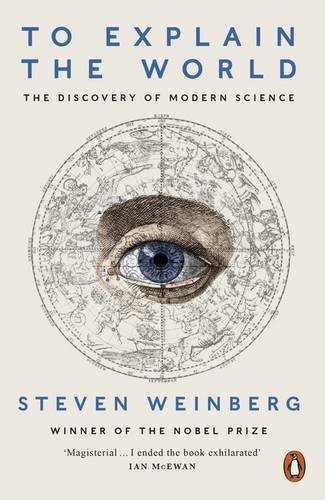
Dreams of a Final Theory: The Scientist's Search for the Ultimate Laws of Nature
Book Description
What if the secrets of the universe were within reach, waiting to be uncovered? In "Dreams of a Final Theory," Nobel laureate Steven Weinberg takes readers on a breathtaking intellectual journey through the foundational pillars of physics, daring to tackle the ultimate questions of existence. With compelling clarity, he explores the search for a unified theory that could explain everything— from the tiniest particles to the vast cosmos. This riveting quest intertwines science with philosophy, igniting passion and curiosity. Can humanity decode the fabric of reality and grasp the ultimate laws of nature? The answers might just change everything.
Quick Book Summary
"Dreams of a Final Theory" by Steven Weinberg is an ambitious exploration of the physicist’s search for the ultimate laws of nature—a "final theory" that could elegantly unify fundamental forces and explain all physical phenomena. Weinberg lucidly discusses the successes and limitations of current physical theories, especially quantum mechanics and general relativity, and examines the scientific, philosophical, and even aesthetic criteria by which physicists pursue truth. He addresses the significance of symmetry, the challenges raised by incomplete knowledge, and the meaningful interplay between empirical data and abstract reasoning. Blending personal reflection with rigorous explanation, Weinberg emphasizes the human elements of curiosity and perseverance driving science forward. Ultimately, he illustrates the beauty and difficulty of the quest for a theory of everything, while candidly acknowledging the barriers and uncertainties that remain.
Summary of Key Ideas
Table of Contents
The Pursuit of a Unified Theory
Weinberg opens by presenting the enduring quest of physicists: the pursuit of a final theory that would elegantly and completely explain the fundamental workings of the universe. He reflects on the remarkable progress made through theories like relativity and quantum mechanics, yet highlights how these frameworks remain incomplete and occasionally incompatible. Weinberg frames the search for a unified theory not merely as scientific ambition but as a deep intellectual voyage, seeking simplicity and universality beneath the complexity of nature.
The Role of Symmetry and Beauty in Physics
Central to Weinberg’s discussion is the role of symmetry and mathematical beauty in the formulation of physical theories. He illustrates how principles of symmetry have guided breakthroughs, such as the unification of electromagnetism and the weak nuclear force. While mathematical elegance often predicts powerful results, Weinberg warns that beauty is not an infallible guide. Instead, the interplay between aesthetic appeal and empirical accuracy shapes theory development, balancing intuition with experimental verification.
Limits of Scientific Knowledge and Experiment
Weinberg thoroughly explores the experimental and conceptual limitations that challenge physics. He describes how large particle accelerators test the boundaries of known theories, but recognizes that certain experiments may soon become impractical or impossible at relevant scales. Nevertheless, he argues that the core drive of physics lies in explaining phenomena as fully as possible, even in the face of seemingly insurmountable obstacles. The iterative process of theory refinement is shaped by both observation and imagination.
Philosophy’s Place in the Scientific Quest
Philosophy’s relevance is addressed with nuance. Weinberg distinguishes between philosophical frameworks that support scientific understanding and those that hinder or distract from empirical inquiry. He critiques some philosophical interventions as out of step with scientific developments, yet acknowledges philosophy’s historic contributions to framing fundamental questions. Ultimately, scientific progress, for Weinberg, rests more on ingenuity and evidence than on philosophical speculation.
Human Motivation and the Nature of Discovery
Throughout, the book is infused with the human dimension of scientific discovery. Weinberg reflects on the motivations, doubts, and hopes that drive physicists to seek underlying order in the universe. He emphasizes the communal and cumulative nature of science, where each theoretical advance is built upon the work of predecessors. While candid about the possibility that a final theory might never be achieved, Weinberg sees the pursuit itself as a testament to human curiosity, imagination, and the enduring desire to understand the cosmos.
Download This Summary
Get a free PDF of this summary instantly — no email required.





